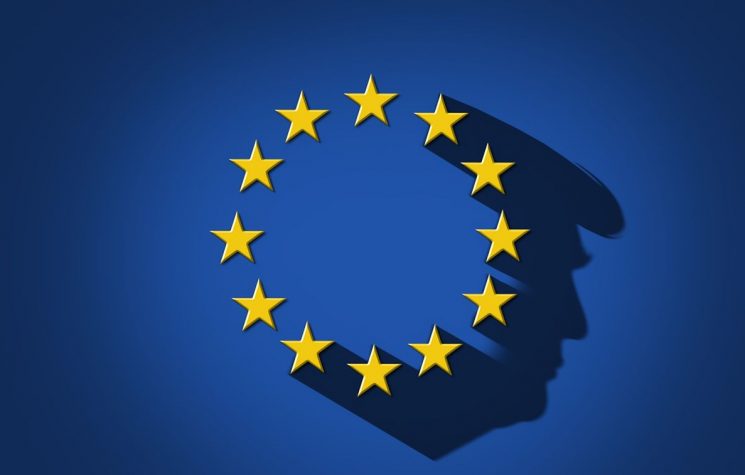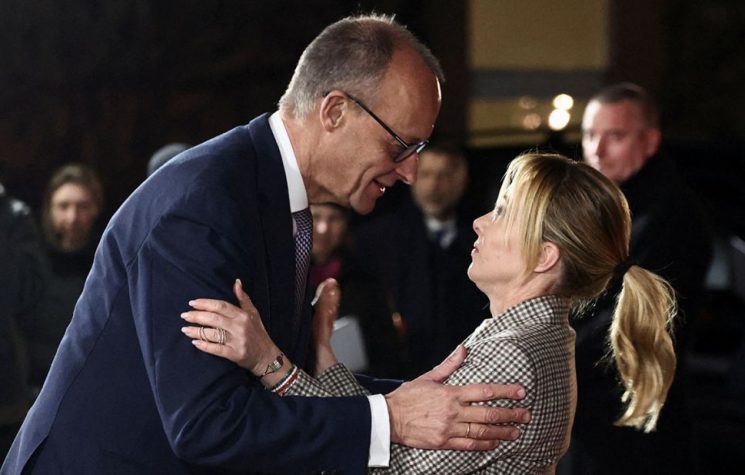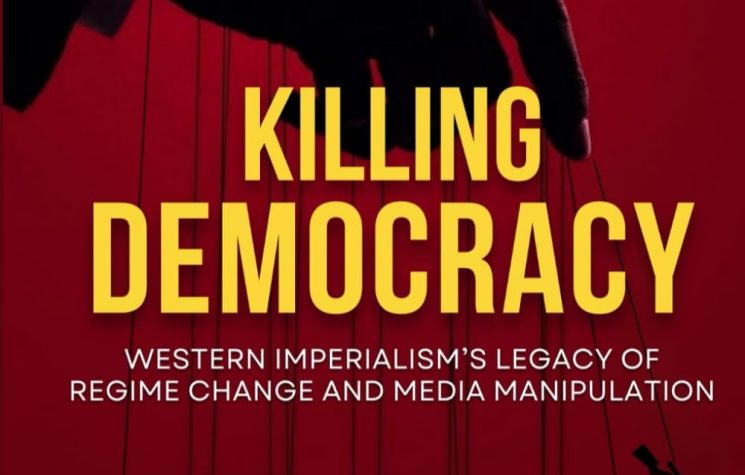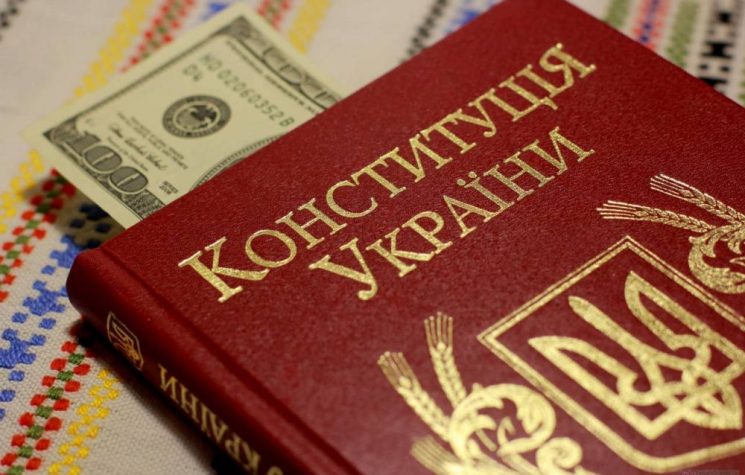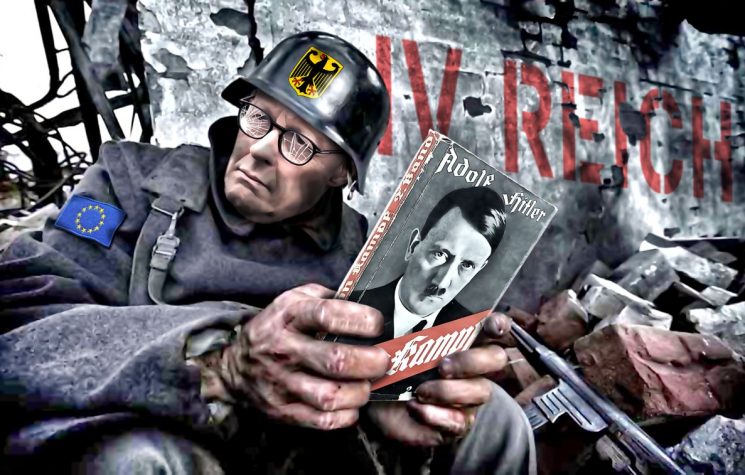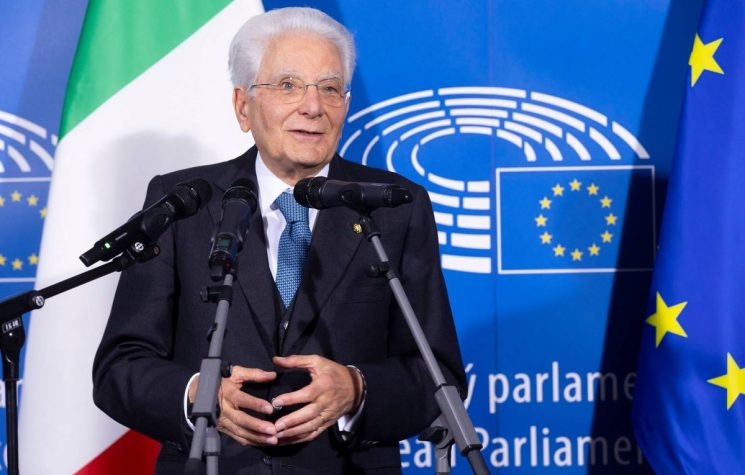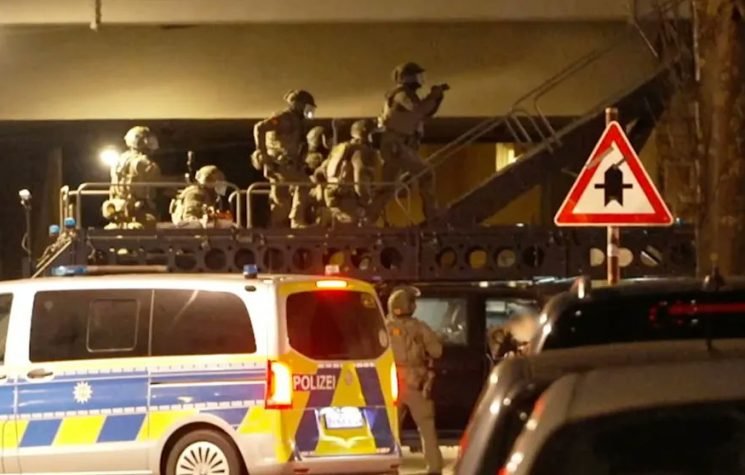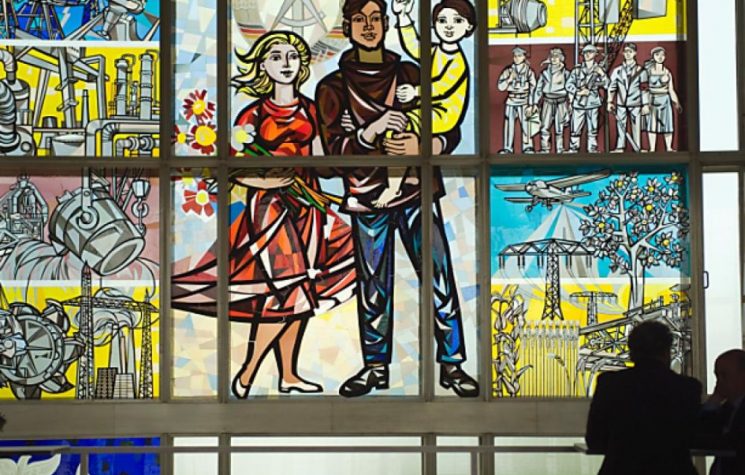The latest opinion polls are extremely indicative of a radical political shift in the European landscape.
Join us on Telegram![]() , Twitter
, Twitter![]() , and VK
, and VK![]() .
.
Contact us: info@strategic-culture.su
The latest opinion polls are extremely indicative of a radical political shift in the European landscape.
In Germany, the Alternative for Germany (AfD) gathers the preferences of 26% of voters, which clearly positions it as the largest opposition party. When the voting intentions for the CDU and CSU are separated, the AfD then becomes the most popular German party.
Meanwhile, in France, the National Rally (RN) — now led by Jordan Bardella — already enjoys the support of 37% of citizens, placing it far ahead of its Macronist and progressive rivals. In the United Kingdom, Nigel Farage’s Reform UK also leads in the polls with 30% of voting intentions. Also leading is the Freedom Party of Austria, with 37% popular support. And in a similar situation, we see the Party for Freedom in the Netherlands, with 33% of voting intentions.
Further down in their respective countries, we see Chega in Portugal as the second most popular party, with 23% of voting intentions. Also in second place are the Sweden Democrats, with 20% of voting intentions, and Norway’s Progress Party, with 22%.
Other European countries see similar parties in solid third-place positions, such as in Denmark, Belgium, Finland, and Poland. And if we discount Meloni’s “Brothers of Italy,” we also see the Lega in Italy in a similar situation.
We are very clearly facing a political trend that goes far beyond a localized phenomenon. The phenomenon is continental and, as it represents a gradual increase over years, apparently lasting. These parties will not eventually return to political marginality and seem to be here to stay.
It is inevitable to consider that the rise of these parties challenging the liberal order is a consequence of the special military operation. The trade and energy rupture generated some significant economic problems in Europe. The German economy shrank, while the French and Italian economies stagnated. Most European countries also faced an inflationary crisis in 2022 and, to control inflation, had to further tighten public spending with austerity policies, as well as increase interest rates. Unemployment also rose, especially in Germany, where several factories have been closed in the last 2 years.
Furthermore, it does not go unnoticed that the leaders of the UK, France, and Germany have increasingly resorted to inflammatory rhetoric hinting at sending their countries’ youth to fight against Russia in Ukraine.
But the strengthening of conservative populism in Europe is not a new phenomenon. It is a gradual evolution that has been building for 20 years, and its main cause is mass immigration, with all its nefarious consequences in the realms of security, economy, culture, etc.
We imagine that such a phenomenon is not considered desirable by the current European elites. Otherwise, one could not explain the judicial offensive against the AfD aimed at banning the party, nor the lawfare practiced against Marine Le Pen making her ineligible, and even less the entire mobilization to arrest Calin Georgescu in Romania, as well as the strange maneuvers that led to the defeat of George Simion in that country’s presidential elections.
But apparently, the situation does not stop at lawfare and potentially illegal judicial maneuvers.
In France, a wave of deaths seems to be linked to Macron, with center-right legislator Olivier Marleix and François Freve (a plastic surgeon linked to Brigitte Macron) on the list of suspicious deaths. Now, more recently, there are reports of at least 7 mysterious deaths of AfD politicians from North Rhine-Westphalia on the eve of local elections.
Probably, these waves of mysterious deaths in France and Germany will never be solved, but a different atmosphere is clearly felt in Europe today. An atmosphere that is certainly less free than that of Europe a few decades ago.
Election manipulation, imprisonment of opposing candidates, mysterious deaths of critics, curtailment of freedom of expression; Western European countries are beginning to check all the boxes of typical dystopian tyrannies — what has been said about China, Russia, and North Korea that has not already become reality in the UK, Germany, and France?
It seems that to preserve “liberal democracy” against “extremists,” Europe is voluntarily abandoning all remnants of democracy.


















